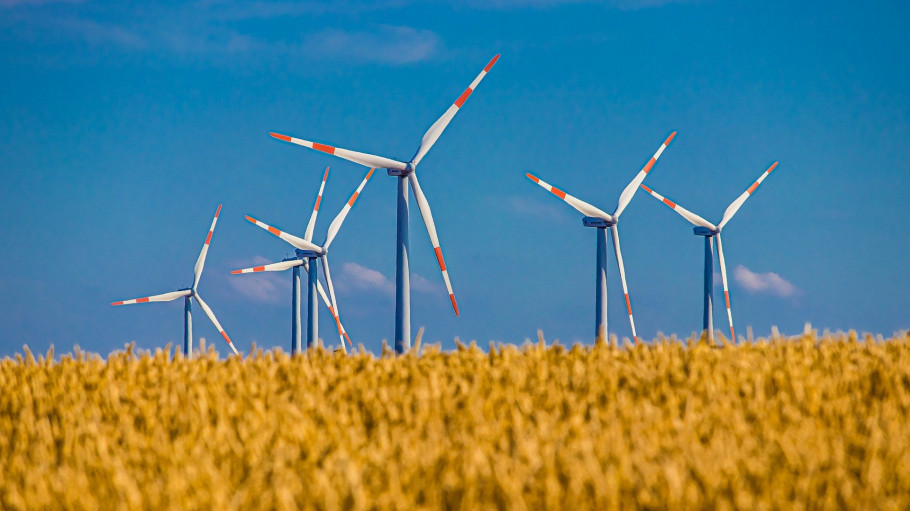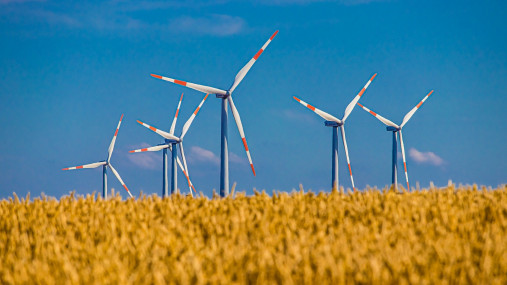
Publications » Position papers » Joint statement by industrial energy consumers on energy security and affordability
Joint statement by industrial energy consumers on energy security and affordability
Downloads and links
Recent updates

Brussels, 09 March 2022 - European industrial energy consumers call for a dialogue and pragmatic actions on energy security and affordability.
The geopolitical events at the borders of Europe are of high concerns to all of us seeking peace, security, and prosperity in Europe. Our thoughts are with the Ukrainian people and all those suffering in these difficult moments, and we deeply regret the loss of life and displacement of populations.
These geopolitical events are also generating unprecedented challenges for Europe’s society. With regard to energy, concerns over the security, affordability and sustainability of energy sourcing have never been as acute as today, highlighting the vulnerability of Europe’s industry and economy as a whole. The events have further precipitated Europe in a profound energy crisis that compromises the future of Europe’s industrial base and the independence of its economy. The situation highlights the importance of resilience in industrial ecosystems and diversification of value chains, at the core of which remains access to energy.
For months, European citizens and industry have been suffering from persistently and exceedingly high energy prices in Europe. Hopes of a reflux in energy price have vanished with recent events, thus endangering the viability of many industrial operations. Risks of natural gas shortages generate extra threats for Europe’s continuous process industries. Industrial hazards and serious damages to industrial assets can results from low energy supply in some industries.
In this highly complex geopolitical context, European industrial energy consumers appreciate that the European Commission is paying particular attention to energy security and affordability issues. Today’s communication from the European Commission brings these issues to the fore. Urgent actions are needed in the short term to alleviate the burden on industries and minimize risks of energy shortage in order to face a crisis whose evolutions and impacts are unpredictable.
The European industrial energy consumers stand ready to work with EU decision-makers to design together the adjustments to the EU energy and climate policy that are needed in the face of this new situation. In these uncertain times, we need to avoid additional shocks and provide predictability to European industry.
Let’s work pragmatically together to shield European industry and make sure we can deliver on the EU’s long-term sustainability and climate-neutrality objectives.

Brussels, 26 February 2026 — Europe’s steel industry has warned that the current draft Industrial Accelerator Act could direct public support for low-carbon steel to producers outside the European Union, unless lawmakers include and tighten ‘Made in Europe’ provisions.
Brussels, 24 February 2026 - Europe’s energy-intensive industries have set out a series of proposals to ensure that the EU’s upcoming Electrification Action Plan delivers on its objectives to stimulate and boost electricity consumption in industry. In a joint position paper, industries warn that persistently high electricity prices risk undermining industrial competitiveness and decarbonisation efforts. They call for a policy framework that will enable EU industry in pursuing decarbonisation and industrial competitiveness.
Energy-intensive industries (EIIs) provide direct employment to around 2.6 million people in the EU and represent the foundations of critical and strategic value chains for the EU economy and society. The current economic and energy outlook of the European Union is making investments in electrification and the continued business operation of our sectors at serious risk, should the energy-cost challenge not be solved.